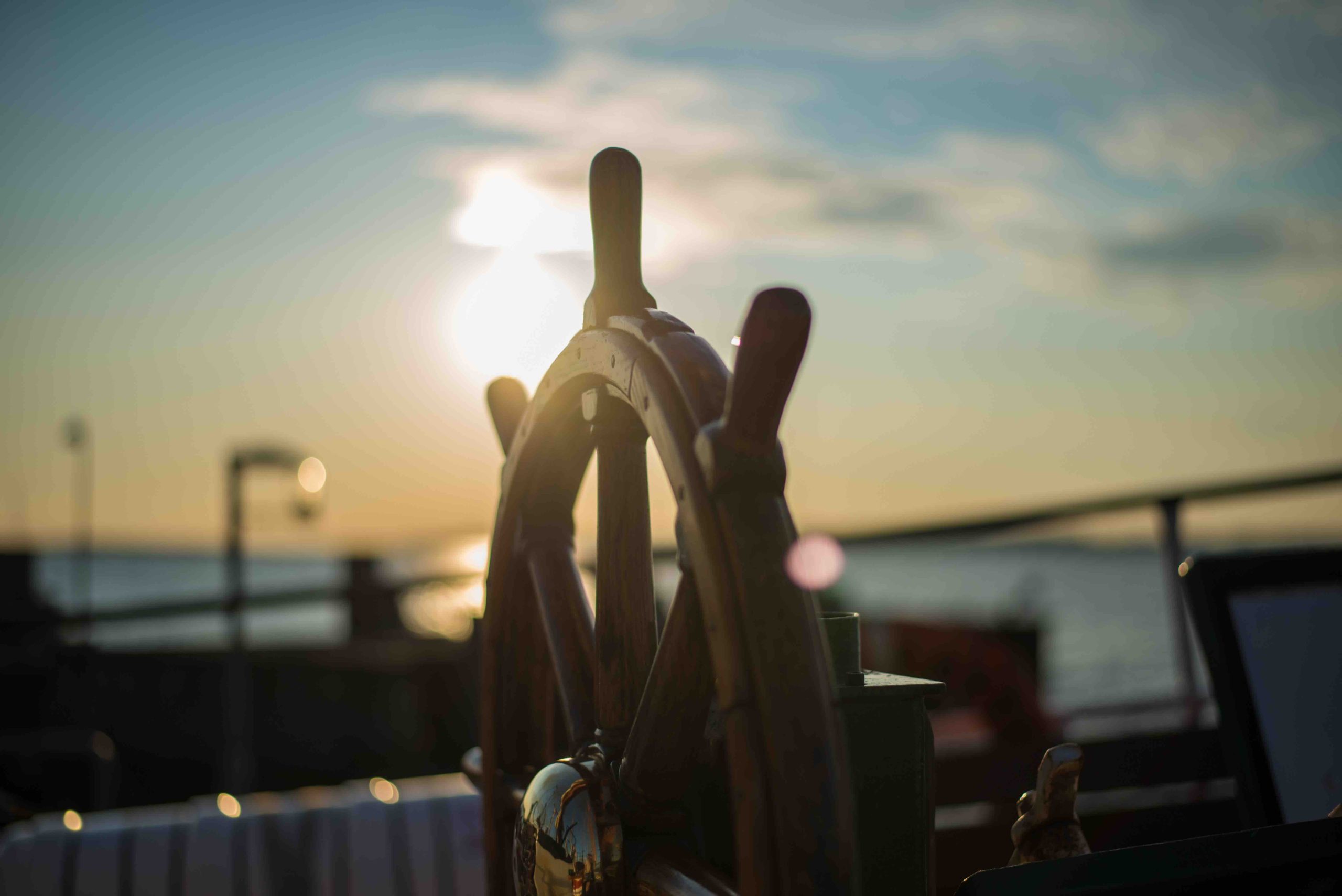
Despite all of the navigational technology advancements that have happened over the years, collisions between vessels and other accidents caused by navigational errors seems to be one of the most common causes of accidents. It is clearly a risky practice for all and can lead to major accidents, injuries, damages, and even death.
The causes of navigation errors are varied, but understanding the most common causes can help you prepare you if you are injured at sea and hopefully help you prevent an accident that could result in serious injuries. Take a look at these common navigational errors:
- Relying Too Much on Radar – Many collisions occur between ships of vastly different sizes. For example, a small fishing boat and a cruise ship. Many times, it is because the larger ship is depending solely on radar and not by sight. When this happens, the smaller vessel is not picked up on radar due to its size.
- Failure to Visually Verify Radar Targets – Similar to relying too much on radar, even if a person is keeping an eye on the radar, they often become too comfortable at taking everything the radar shows at face value. This is especially true in areas of lower visibility and dense traffic. Targets may be misinterpreted as a false echo, or the navigator assumes that a small boat will move out of the way. This can lead to a collision with smaller vessels and even stationary objects such as larger boats that have stopped or rocky embankments. Radar targets always need to be visually verified.
- Right of Way Misunderstandings – In domestic and international water, the right of way regulations may change based on the situation. In most situations, the regulations state that vessels must take action to prevent collisions regardless of who has the right of way and the size of the vessels involved.
- Incorrectly Reporting Position – Just like in other types of traffic control, such as air traffic control, many international and national ship traffic regulations require vessels to report in frequently and provide their current location and angle of travel. Not reporting this information at all, or incorrectly reporting it, can lead to significant traffic issues and contribute to massive collisions between vessels that are not aware of each other’s locations.
- Rudder Angle Errors – Although this sounds like a simple issue, many vessel accidents can be attributed to rudder angle adjustments that were incorrect. When the captain, engine room, and helmsman miscommunicate, the rudder angle may be reported incorrectly or not at all, which can lead to an improper angle of the ship and a consequent collision with other nearby obstacles and vessels.
Contact an Experienced Maritime Attorney Today
If you have been involved in a maritime accident caused by a navigational error or other type of negligence, you may be entitled to compensation. Contact the attorneys at Kolodny Law Firm today to schedule a consultation and let us ensure that your rights are protected and that you get the compensation that you deserve.

